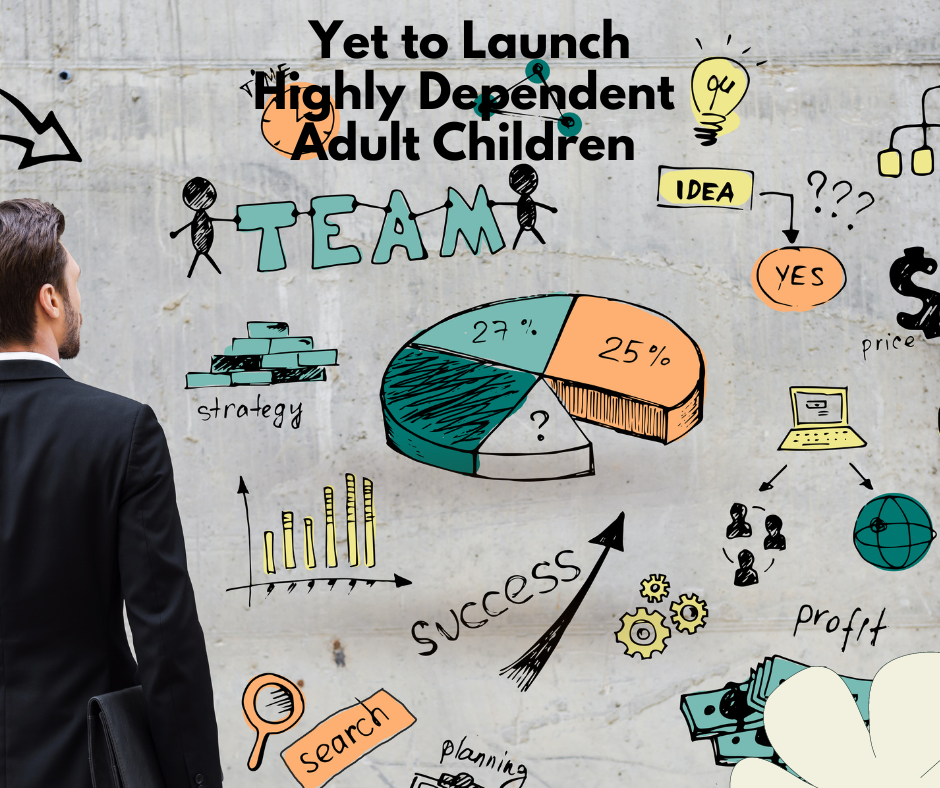
- List Item #2
- List Item #3
- have you an adult child that is highly dependent on you

7 Maine St. Tralee, V92HC0H (Mon to Fri)
Dromkeen East, Causeway, Co. Kerry, V92 X7P4 (Saturdays)
Monday to Thursday:
08:30 a.m. – 8 p.m.
Friday:
08:30 a.m. – 4:00 p.m.
Saturday:
08:30 to 2 p.m.
© Copyright 2020. All Rights Reserved. Developed by Get Discovered Online